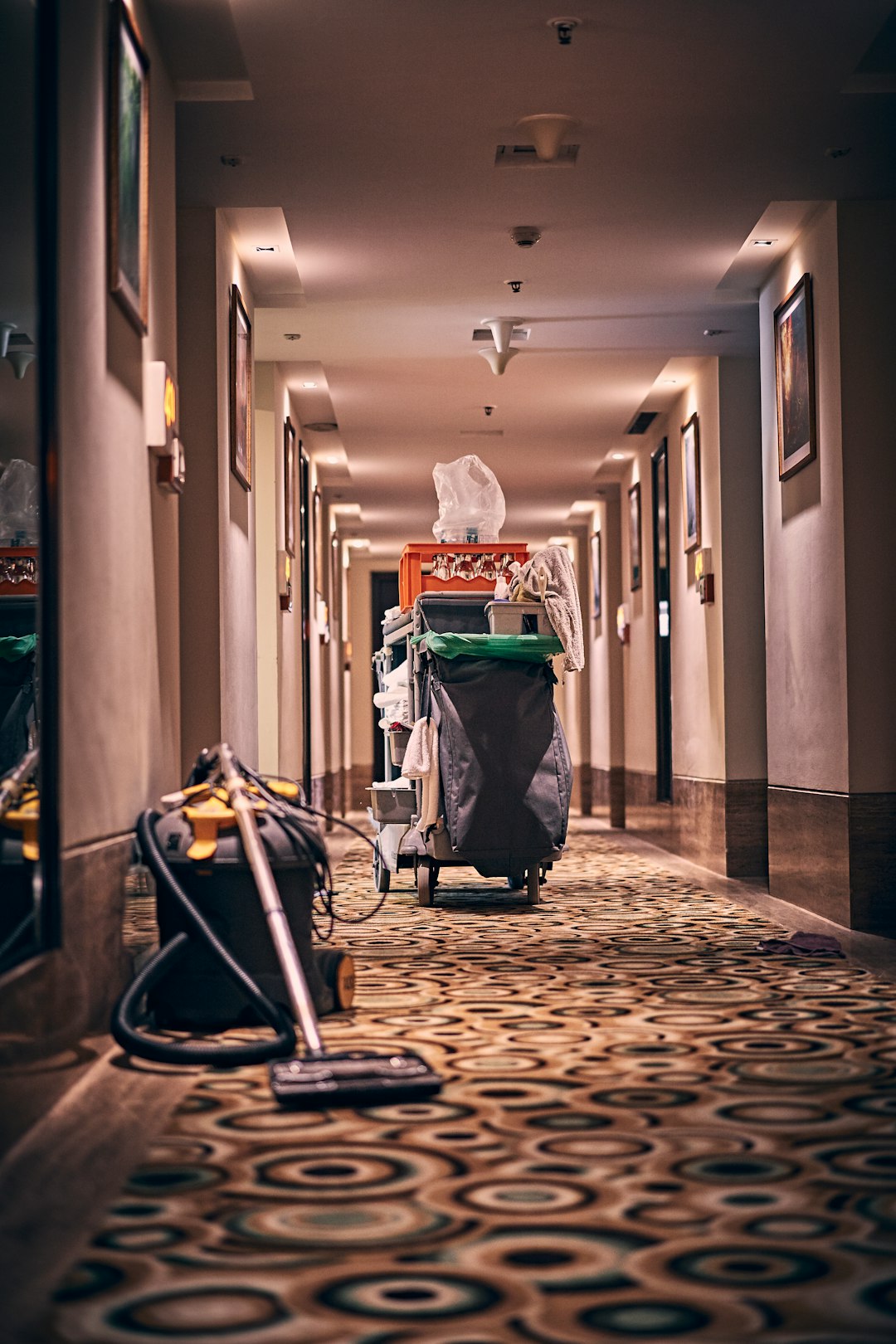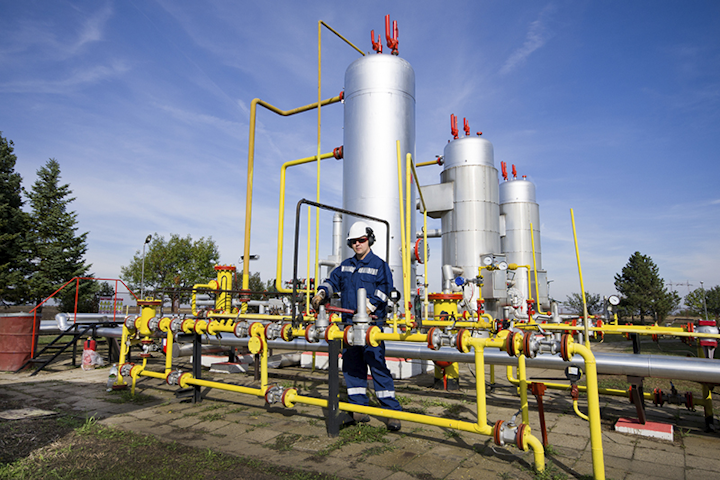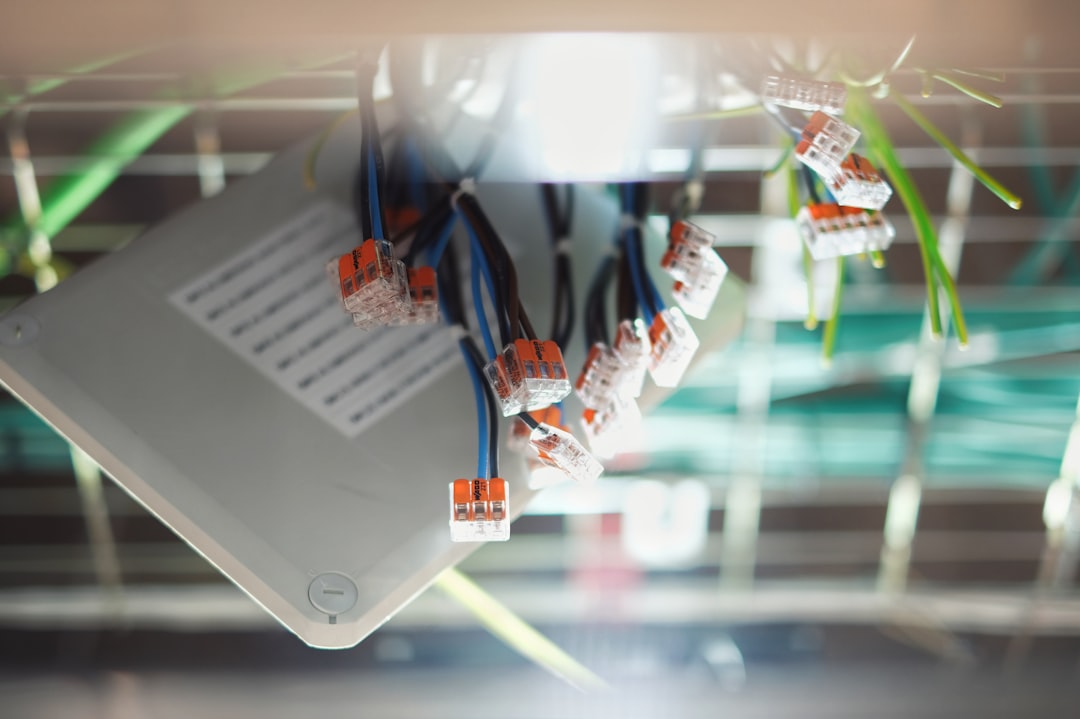What different hvac noises mean and how to fix them
An HVAC system should run with a steady, low hum that’s barely noticeable. When you start hearing rattling, squealing, buzzing, or banging sounds, it’s a sign that something inside isn’t working correctly. Ignoring these noises can lead to larger problems, from reduced efficiency to major mechanical failure. Understanding what the sounds mean helps you act before minor issues become repairs.
Rattling or clanking sounds
A rattling sound is often the first indication of loose parts. It may come from a panel screw, fan blade, or internal bracket vibrating during operation. Clanking sounds, especially when the system starts or stops, may point to a loose blower fan or motor mount. Tightening screws and checking internal panels can sometimes solve the problem, but if the noise persists, professional inspection is necessary. Left unchecked, vibrations can damage other components over time.
Squealing or screeching
High-pitched squeals usually mean that a belt or bearing is wearing out. Older systems use belts to connect the motor to the fan, and over time these belts stretch or dry out. Replacing them is a simple, low-cost HVAC system repair that prevents a full motor breakdown. In some cases, squealing comes from the blower or fan motor bearings running without lubrication. A technician can re-lubricate or replace the bearings to stop the noise and restore smooth operation.
Banging or thumping
Loud bangs or thumps are more serious. They may indicate a broken compressor mount, a disconnected fan blade, or debris hitting internal parts. In furnaces, banging can occur when gas builds up before ignition — a condition known as delayed ignition — which requires immediate professional attention for safety reasons. Turning off the unit until a technician arrives is the best precaution if banging sounds are frequent or loud.
Clicking noises
A single click when the system starts or stops is normal, but repeated or rapid clicking is not. It may point to electrical problems in relays, capacitors, or the control board. Dust and oxidation can prevent proper electrical contact, causing the component to click repeatedly while trying to engage. Because these parts handle high voltage, repairs should always be performed by certified HVAC technicians.
Hissing or whistling
If you hear a steady hissing sound, it might come from leaking air ducts or gaps in the vent system. Whistling usually means air is being forced through a narrow opening, such as a partly closed vent or a dirty filter. Replacing the filter and checking duct joints often resolves the problem. However, if the sound comes from the indoor or outdoor unit itself, it could signal a refrigerant leak — a serious issue that needs immediate professional attention.
Buzzing or humming
Buzzing can indicate several problems: electrical issues, loose fan blades, or a failing condenser motor. Outdoor units sometimes hum lightly, but a persistent or louder buzz suggests that a capacitor or relay is deteriorating. Ignoring this can lead to a system that won’t start at all. Technicians can test voltage levels and replace faulty components before they cause total failure.
Gurgling or bubbling
A gurgling sound inside the HVAC system, particularly from refrigerant lines, means there’s likely air trapped in the refrigerant circuit or a low refrigerant charge. This reduces cooling efficiency and can damage the compressor. Only licensed HVAC specialists can safely handle refrigerants, so professional service is required to identify and fix the leak.
Popping noises in ducts
Metal ductwork expands and contracts as temperatures change. Occasional popping is normal, but frequent or loud popping can mean the ducts are undersized or installed without enough flexible joints. An HVAC technician can add insulation or adjust duct sizing to reduce these noises.
Preventive measures to keep the system quiet
- Replace or clean filters regularly to reduce air resistance.
- Keep vents and ducts free of obstructions.
- Schedule annual maintenance to tighten fasteners and check moving parts.
- Lubricate motors and bearings according to manufacturer recommendations.
- Clear debris around outdoor units to prevent vibrations.
When to call a technician
Unusual HVAC noises are early warning signs that something inside the system needs attention. The longer you wait, the more strain occurs on motors, belts, and bearings. A professional can quickly identify the source, repair the issue, and ensure safe operation.
A quiet HVAC system means it’s functioning efficiently and safely. Paying attention to new or recurring noises protects your equipment, prevents sudden breakdowns, and helps you maintain a calm, comfortable home environment all year long

 Why Exercising Patience Is an Important Part of Choosing the Right Jewelry Appraisal Service Provider
Why Exercising Patience Is an Important Part of Choosing the Right Jewelry Appraisal Service Provider Tips When Seeking Fishing Agencies
Tips When Seeking Fishing Agencies Elements to Ponder on When Seeking Methane Monitoring Services
Elements to Ponder on When Seeking Methane Monitoring Services Important Aspects to Contemplate On When Choosing the Right Limousine Services
Important Aspects to Contemplate On When Choosing the Right Limousine Services How to Get the best Tires, Auto Repair Services and Road Services
How to Get the best Tires, Auto Repair Services and Road Services  Advantages of Picking the Ideal Drone Photography Services Provider
Advantages of Picking the Ideal Drone Photography Services Provider
